What it feels like losing a parent
“He was a doctor, he wasn’t supposed to be a patient”
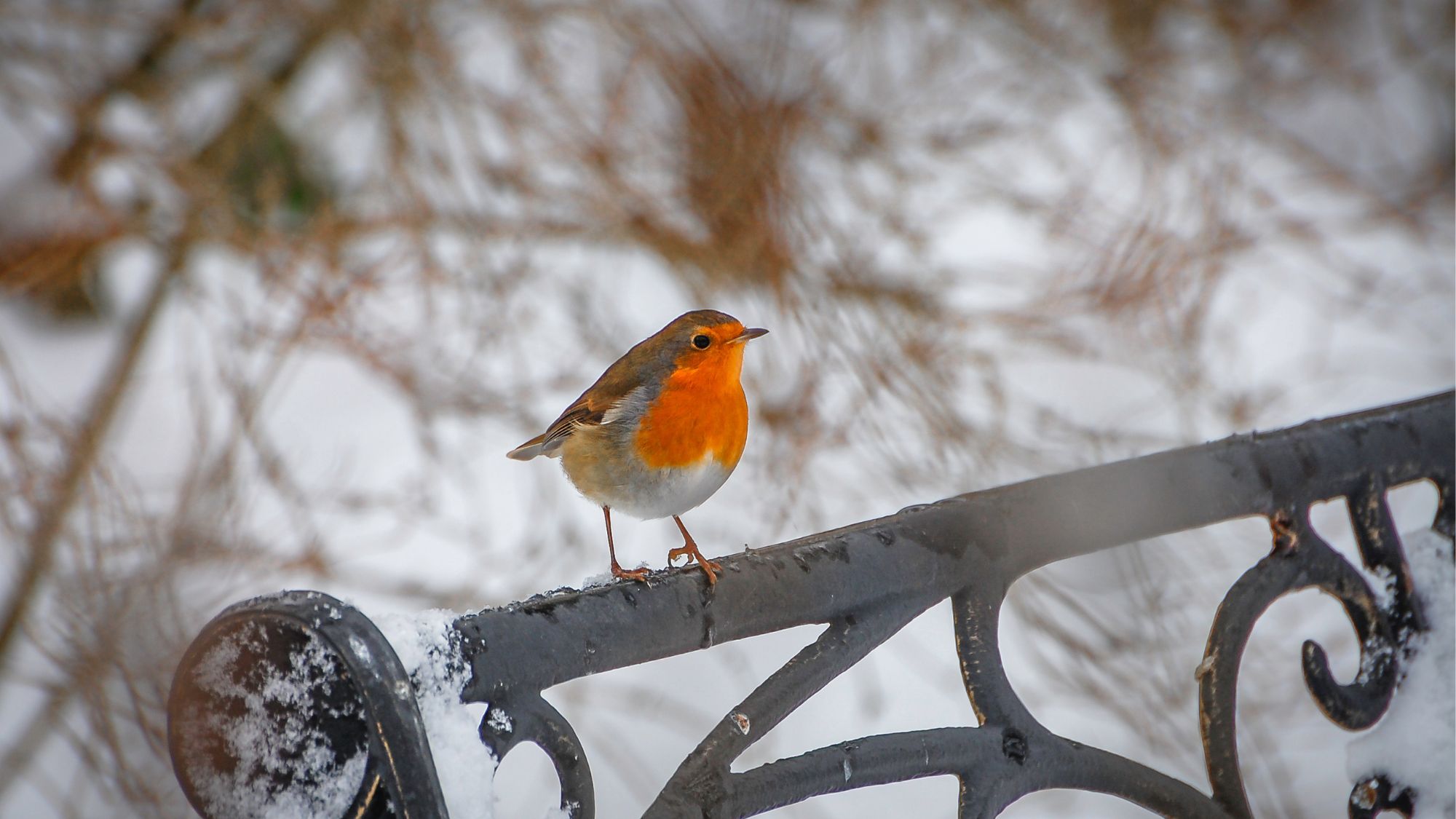
Travel writer and author Laura Coffey on taking her father on one final adventure before he died.
My father was dying for a long time before he actually died. He had terminal neuroendocrine cancer and there was no chance of a cure but his particular type of cancer could be kept in check with an operation and treatments. I learned that it’s called ‘anticipatory grief’ when you know someone will die, not in a generalised, abstract sense, but in a specific way, on a timeline — it’s an ‘impending loss’. There was a slow sense of unease behind everything. He was a doctor, he wasn’t supposed to be a patient. He was supposed to be invincible.
My world narrowed in shock then slowly widened again as the initial diagnosis changed — there was a handbrake turn and some good news: estimates were revised from a handful of months to, hopefully, a number of years. My father possessed both an excellent sense of humour and a stiff upper lip and these two things braced him during this time and stayed with him, up to the very end. He lived with cancer for almost five years and he remained himself—witty and funny and always in the world—only there was also foreshadowing, a sense of a clock, a little bit like that ticking crocodile in Peter Pan.
The days flowed and merged and blurred and lost their edges with the weight of sleeplessness and sadness
With end-stage cancer it’s a sort of endless calibration and recalibration of hope, not for a cure, but for more time, and as each treatment line fails, every time something new is tried, hope gets weighed and measured again, gets reaffirmed.
No one really talks about end of life care, what it’s like to be home when everything is upside down, when there’s a hospital bed downstairs and doctors and nurses and priests and palliative care experts coming in and out. My witty, wonderful father, who was best in conversation, always alert for amusement now couldn’t talk. I tried not to cry in front of him, tried to follow his brave example.
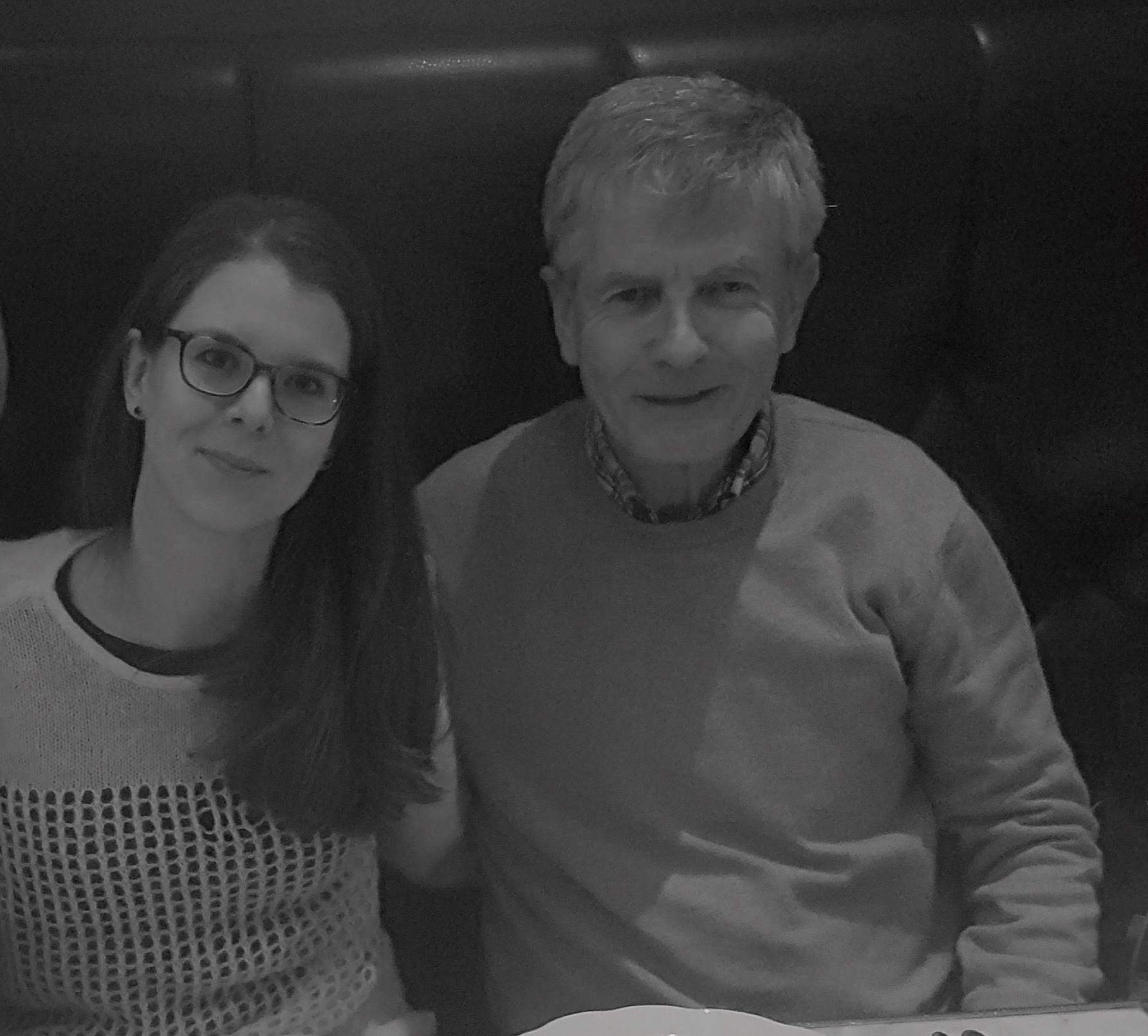
Laura Coffey with her father
I didn’t know what to do so I improvised, I played his favourite movie, the speakers turned up loud so he could hear it from the bed, his eyes were closed but I knew he was listening, knew he loved the swelling dramatic soundtrack, knew he could recite every line of dialogue.
Then I came up with a better idea: I took him on holiday. Together we escaped from that hospital bed with its syringe medication, with its safety bars and strange sliding sheets, we flew the coop and left the house and strode back into the world, as I read out loud all the emails he’d sent me from his travels over the years. He was a great writer: they were full of humour and colour, they were transportive. I read them out and I laughed again at the old jokes, and together we went on one last grand tour to all the beauties of the world – from the streets of Cuba to the shores of Lake Geneva, from the snowy mountains of Nepal to whizzing down the sunny hills of Kerala on bicycles. I read his adventures back to him and kept my voice steady. The days flowed and merged and blurred and lost their edges with the weight of sleeplessness and sadness but amongst all that there was a growing sense of stillness. It filled the room as I watched over him, this strangely beautiful stillness, and I learnt what it means to keep vigil, to wait quietly, to keep watch. I was alert, guarding him. The world stilled and slowed.
Marie Claire Newsletter
Celebrity news, beauty, fashion advice, and fascinating features, delivered straight to your inbox!
Together we went on one last grand tour to all the beauties of the world – from the streets of Cuba to the shores of Lake Geneva, from the snowy mountains of Nepal to whizzing down the sunny hills of Kerala on bicycles.
I turned to some close friends who had lost their own fathers in various ways, we called ourselves the Dead Dads Club and they helped me through.They told me that slowly things get better, new rituals are found, new ways, but also, grief isn’t linear: there’s no right path through it. I miss my father in sharpness and in bluntness. The sharp is the sudden reminders that seize me by the throat, I’m ambushed by a photograph and we’re walking in Oxfordshire again, across the flooded fields, and we’re laughing and the sunny brightness of that photograph shoots a memory through me, piercing me. The blunt is like the memory of a bruise, tender places that remind us of falling.
Everyone is dealing with something, it doesn’t have to be a big, huge thing like death to be a loss, other things can feel really hard at this time of year as well. Perhaps that’s the thing to remember, that for some people Christmas might feel a bit broken. And this means perhaps you have an opportunity to give a different kind of gift. “The ten-year anniversary hit me really hard,” one friend told me, “far harder than I expected, and I texted my friend about it and he wrote back and said: ‘Tell me a funny story about your dad’, and it was the perfect response”.
Stories and how we tell them matter. I wrote my story down. My father had kept asking me to write, all through that last year of his life, he’d kept telling me to try. It was one of my last promises to him, even though I wasn’t sure how I’d keep it. I wrote and wrote. I wrote about travelling to find the real-life islands that inspired The Odyssey and I wrote about my father and about love and travel and adventure. It became a book, Enchanted Islands, and I sent a copy to Stephen Fry who by some miracle read it and said it was “magical and captivating, hugely recommended”. My father would be incredibly proud. He’d be telling all his friends about it and he’d say he was the star, he’d claim main character energy. And that would be true in a way, it is partly about him
It’s also about Greek mythology and magic and travelling to tiny mystical islands in the Mediterranean, chasing Odysseus, following the mad theories of various scholars across the years who believed various real-life islands might be the fantastical lands in the story. Enchanted Islands is about a journey away from home and it’s also about a homecoming, returning to be with my father before he died. It’s uplifting more than it’s sad though, and I’ve been most heartened by the reviews that talk about how funny it is because I think that’s my inheritance from him, something I can keep forever. My father’s sense of humour.
Enchanted Islands: Travels through Myth & Magic, Love & Loss by Laura Coffey (Summersdale) is available now
Laura Coffey writes regularly for national and international magazines and newspapers, like BBC Travel, The Guardian and Condé Nast Traveller, and has appeared in a wide range of Podcasts including CNT Women Who Travel.
-
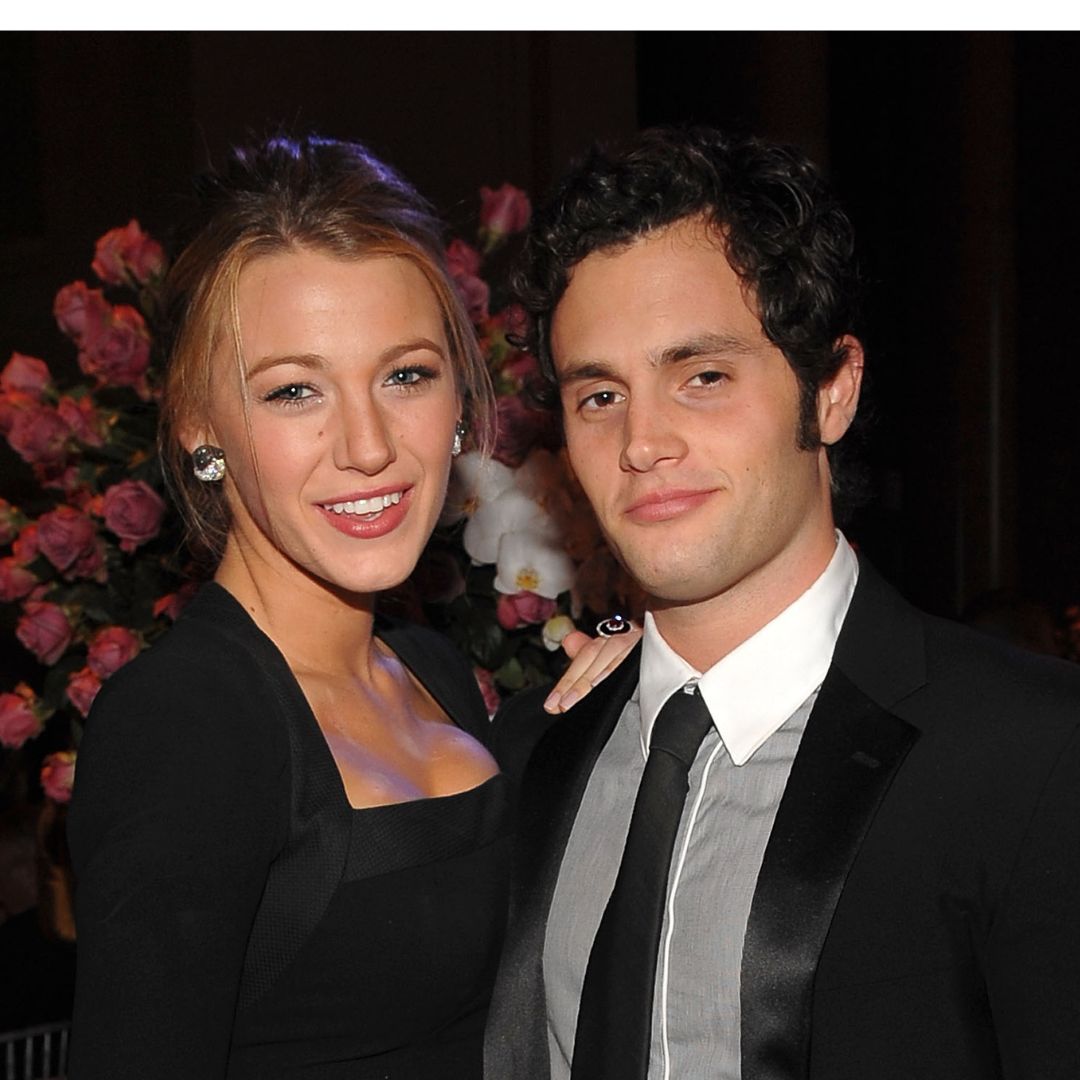 Penn Badgley credits ex girlfriend Blake Lively for "saving" him from the pitfalls of fame
Penn Badgley credits ex girlfriend Blake Lively for "saving" him from the pitfalls of fameBy Jenny Proudfoot
-
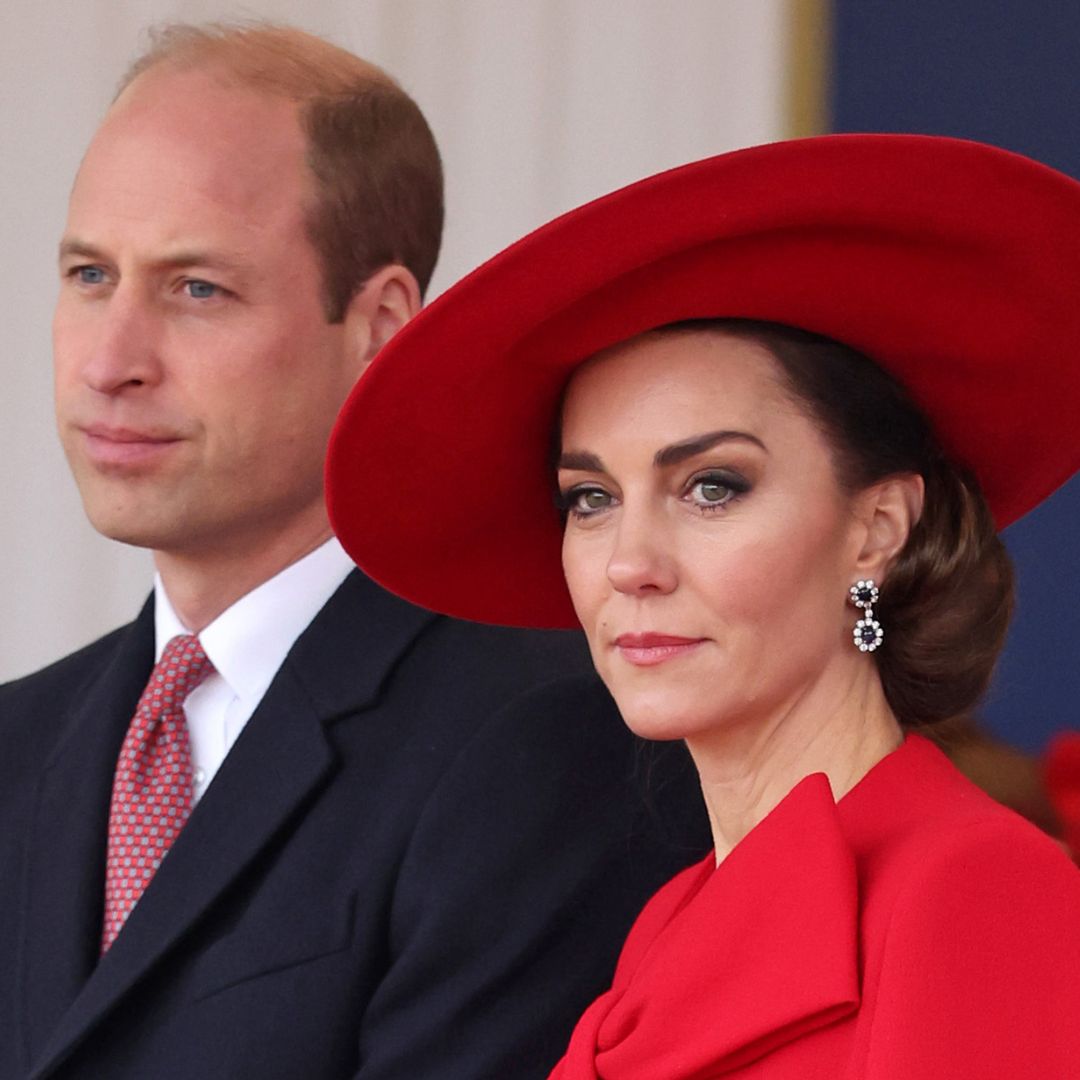 Prince William and Princess Kate's Easter absence has reportedly "raised eyebrows at the palace"
Prince William and Princess Kate's Easter absence has reportedly "raised eyebrows at the palace"By Jenny Proudfoot
-
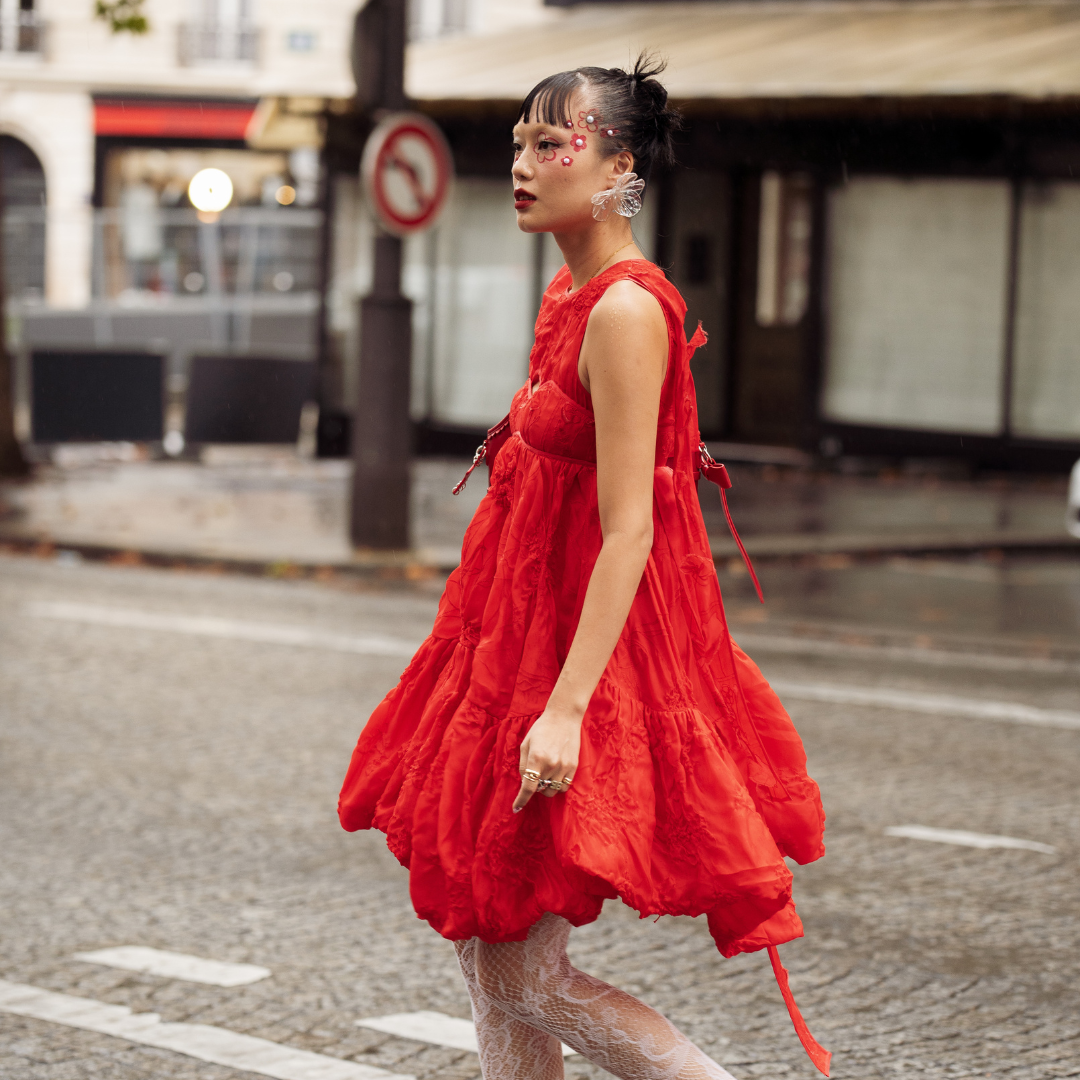 This divisive Nineties trend just got a high-fashion makeover
This divisive Nineties trend just got a high-fashion makeoverAll the cool girls are wearing babydoll dresses again
By Sofia Piza